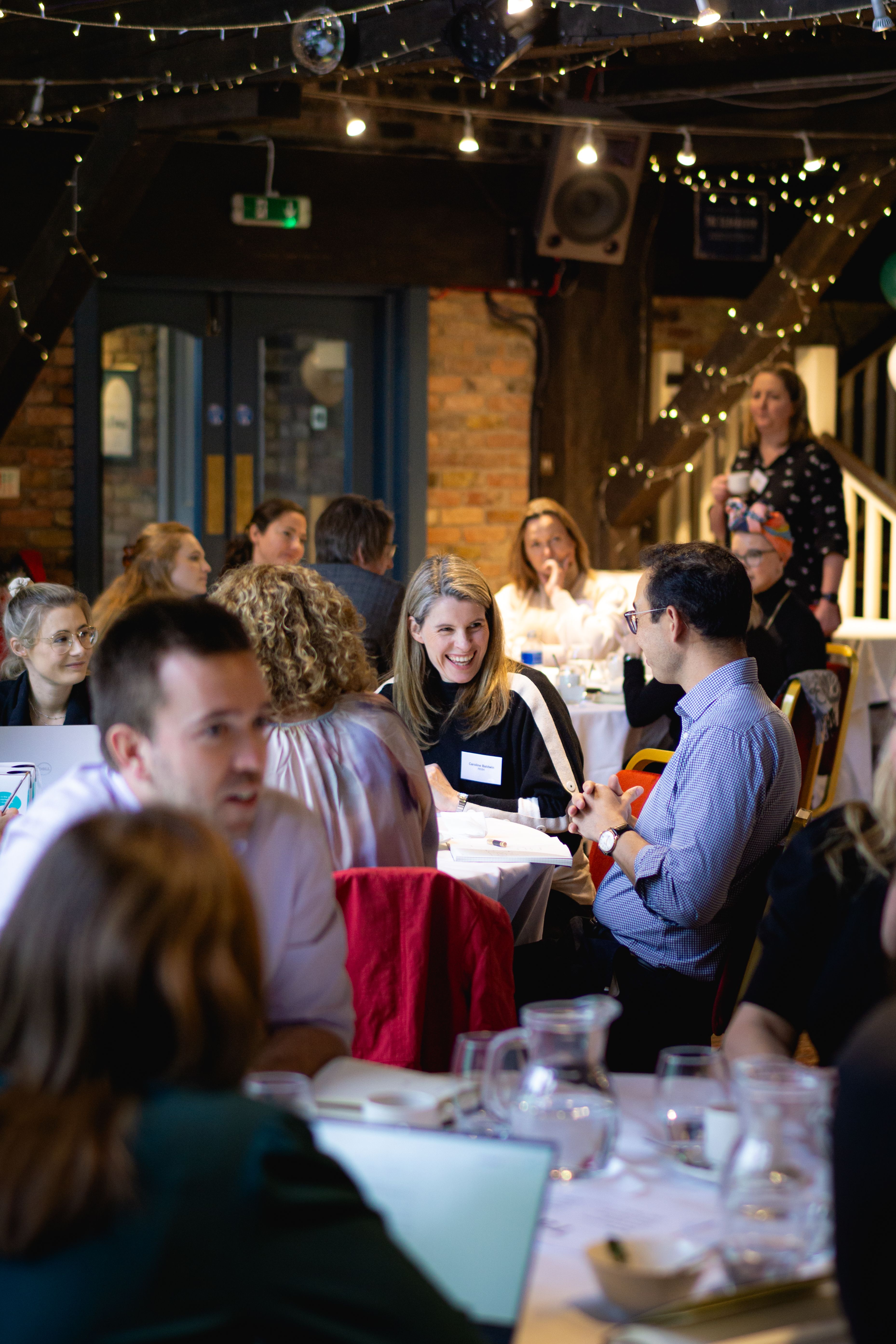Team MPG will plan and execute paid media and multi-channel marketing campaigns to grow your B2B events with the right attendees, sponsors and exhibitors. When you work with MPG you get the best digital marketing applications, including true ROI measurement via automated event marketing performance dashboards.
Science + art = the winning B2B event marketing formula
DATA-DRIVEN to BOOST ROI
Efficient and effective event marketing relies on good 1st, 2nd and 3rd party data. MPG's data specialists will build and maintain valuable customer data sets for you to monetise. We'll help you collect, acquire, analyse and interpret data to make ROI-boosting decisions.
TECH-ENABLED for EFFICIENCY
Get your stack of MarTech, SalesTech and Event Tech set up and integrated for a more automated, scalable organisation. MPG's tech specialists will evaluate your tech needs, compare what you already have with what you need, recommend new tech where required and implement it if you need us to.
Who we help
Founders/Owners
Business Leaders
Marketing Leaders
Marketing Practitioners
Some of our clients
What we do


Consultancy and agency
A full-service B2B marketing consultancy & agency - we specialise in growing conferences and exhibitions via multi-channel campaigns, outsourced marketing operations, and outsourced PPC/Paid Media services.

Training academy
Practical marketing skills training tailored for B2B conference and exhibition marketers at all levels. Includes access to benchmarks, tools and templates that will help grow your events.

Event marketing insights
A collection of blogs, events, and resources from MPG’s team and community – focused on high-performance marketing to grow B2B conferences and exhibitions.
What our clients have to say

Roy Maybury, Associate Marketing Director - Global Events & Networks, PEI Group
Since MPG was selected a few years ago to manage our PPC, they have taken our campaigns to another level with their great customer service, strategic approach, and unique ROI reports.
PPC is very important to PEI for driving event growth in an automated and scalable way and a key channel to use alongside email marketing.
MPG is a safe pair of hands!

Julian Rose, Director & Co-Founder, Environment Analyst
MPG has delivered some valuable work for us over the years.
They provided guidance for the Environment Analyst team on event marketing strategies, and then supported the campaign execution.
MPG's tech and data experts also helped us automate some of our sales processes with the aim of reducing sales cycles and improving the customer experience. Their HubSpot expertise has been very useful.

Chris Lester, Group Event Director Bauer Media Group
We have always enjoyed working with the team at MPG.
They've delivered excellent support for Bauer for many years - covering marketing campaigns, consultancy and training - helping us grow our events year after year.
Highly recommended!
Why you need MPG

We believe that good marketing is essential for your business to grow, and to get the best out of your marketing you need a strategic, long-term view.
With the best event marketing, your events will thrive and grow. And the best event marketing campaigns require event-specific expertise, plus a range of deep digital, tech and data skills to combine automation, AI and human efforts for best results. The reality is that inhouse resources or freelancers usually don't have the full skillset or bandwidth needed. Add MPG to the mix to close the gap.
Our Partners
We partner with the very best solutions. We are proud to have officially teamed up with these leading businesses.
.jpg)
10 Reasons to choose MPG
Since 2014, event organisers have boosted their conferences and exhibitions with MPG's expertise in event marketing strategy, campaign planning, PPC/Paid Media, multi-channel campaigns, and the data and technology that underpins success.
How we work
One size doesn't fit all. Your organisation, goals and situation are unique. MPG tunes into these important factors - making sure we start in the right place and help you develop a marketing engine that exactly meets your needs.
A focus on outcomes
Successful event marketing is focused on measurable outcomes based on business objectives. You'll find a number of success stories in MPG's portfolio of projects for clients around the world.
.jpg)
Our story
Launched in 2014, MPG has a globally unique proposition and a strong, consistent delivery track record.
Our team
Based in London (UK), our team of marketing strategists, martech, event tech & digital experts, data gurus, and campaign managers have unrivalled expertise in best-in-class marketing for B2B events.
Our partners
We are proud to partner with the very best solutions and tools for event organisers, including marketing and sales tech, event tech and event website providers, advocacy tools, data partners, and more.
.jpg)
Get in touch with Team MPG to...
- Discuss your event marketing challenges and opportunities.
- Find out how to grow your flagship events faster.
- Sense check your event marketing strategy.
- Spot key gaps in your approach.
- Explore how PPC/Paid media can give you a boost.
- Review and improve your tech stack.
- Improve your event marketing data.
- Measure the performance of your event marketing.
- Boost your team's skills, knowledge and confidence.
































